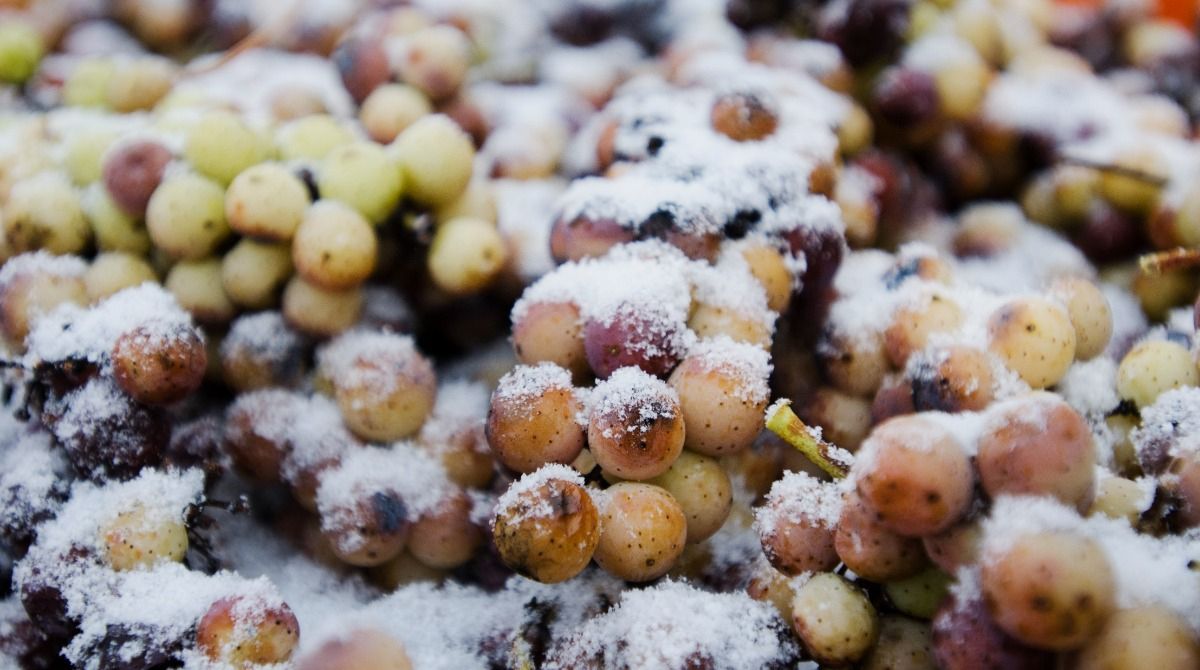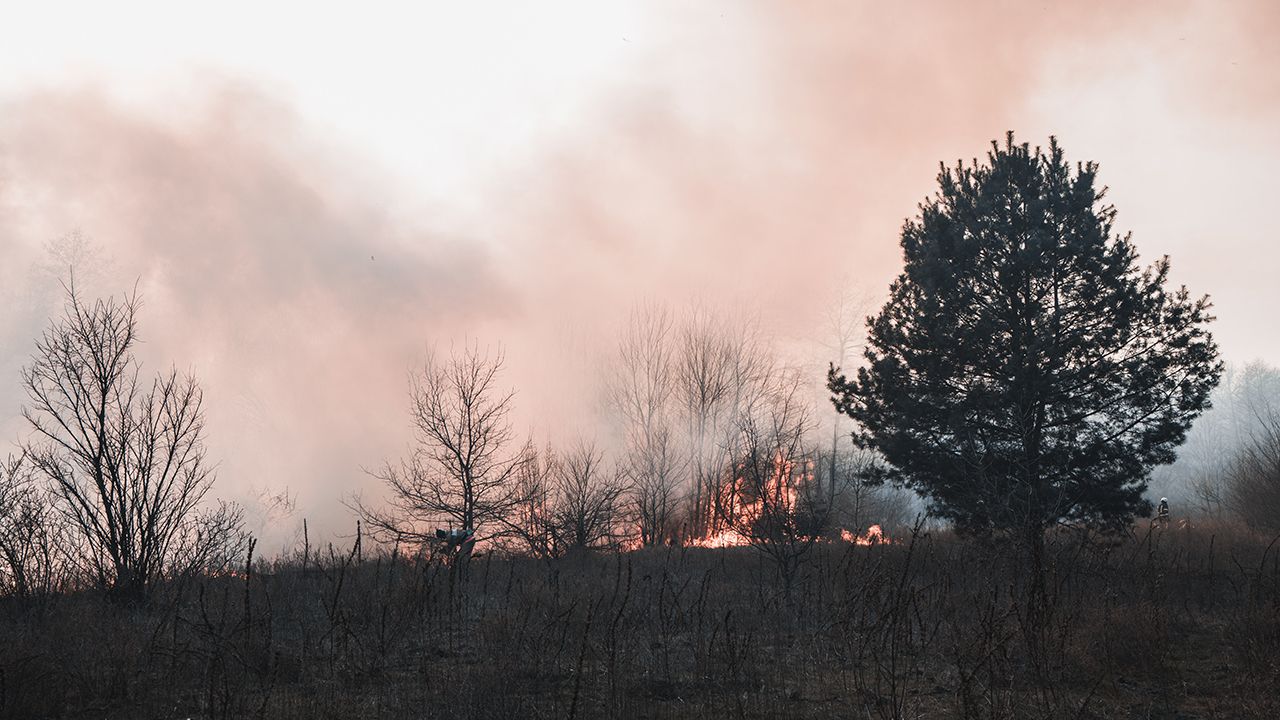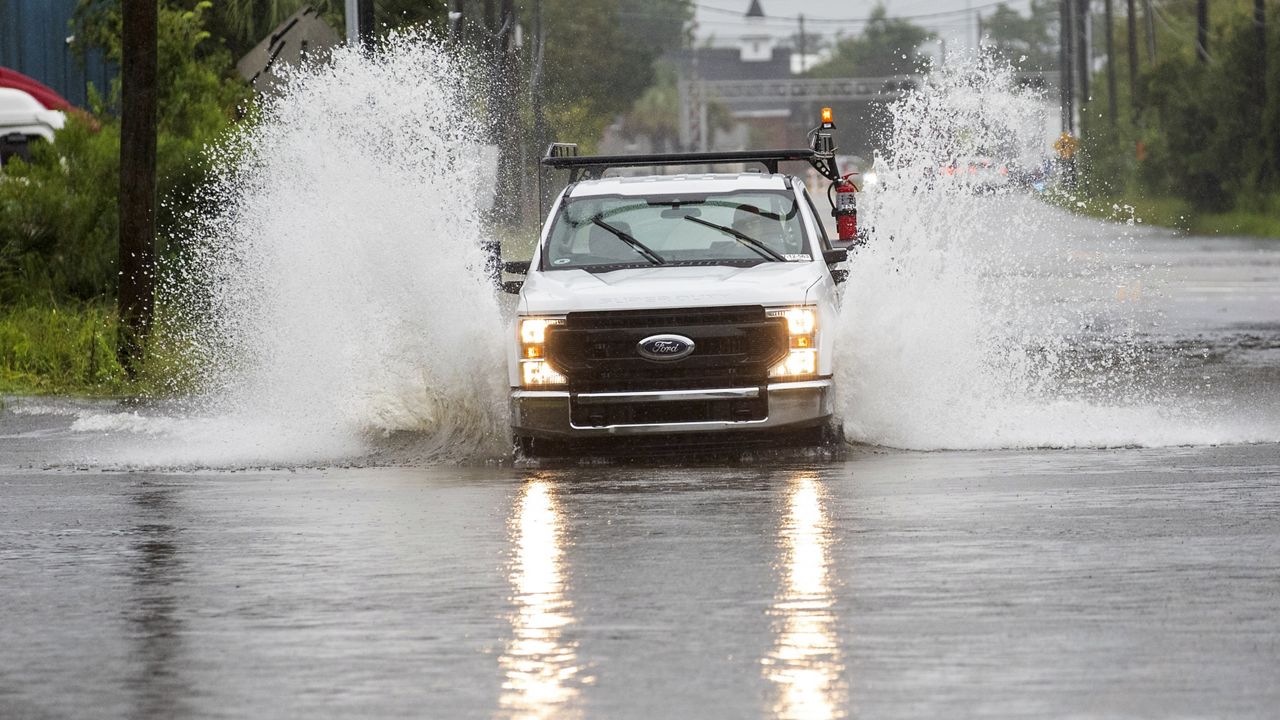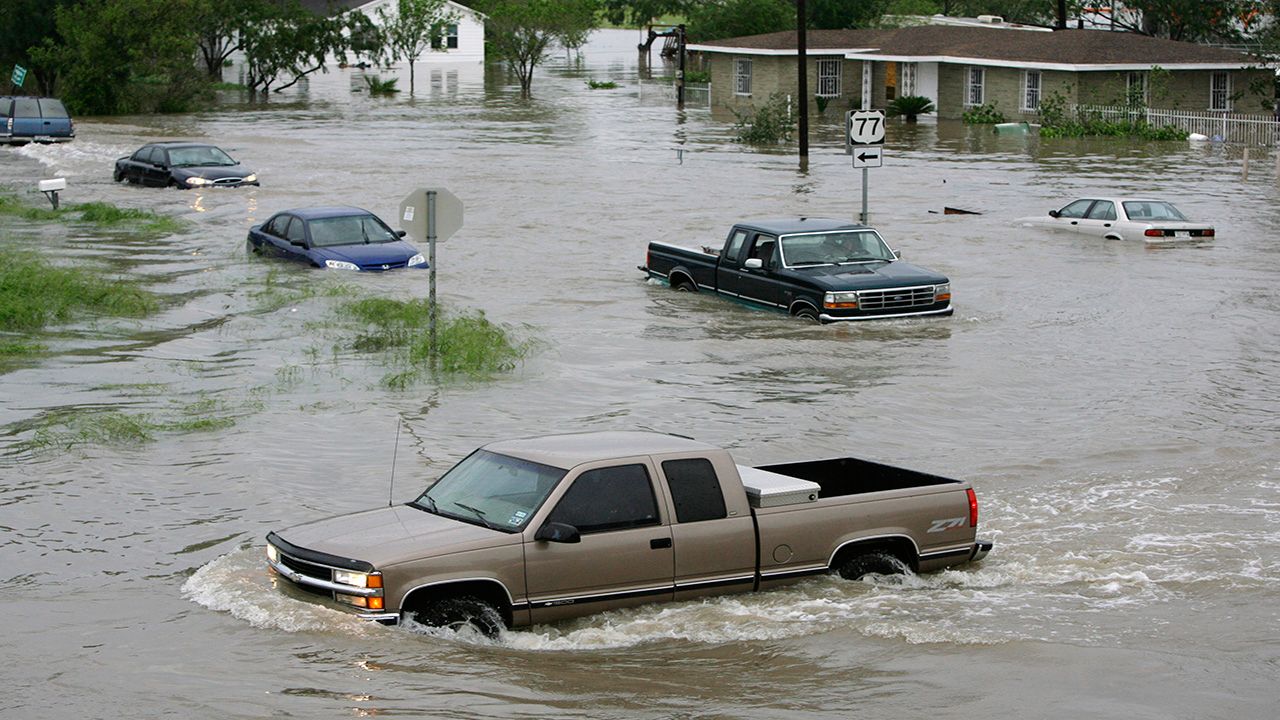Some refer to it as liquid gold in a glass. While I don’t agree with that sentiment, ice wine is a delicacy in Upstate New York. With the amount of work that goes into making it, it is easy to understand why it is sought after.
Making ice wine begins like any other wine: by harvesting grapes. The difference between traditional wines vs. ice wine is that the grapes used for ice wine are not picked until after they freeze.
In fact, temperatures must fall below 17 degrees to get the perfect grape to make wine. Once the grapes get cold enough, they pick and press them all on the same day.
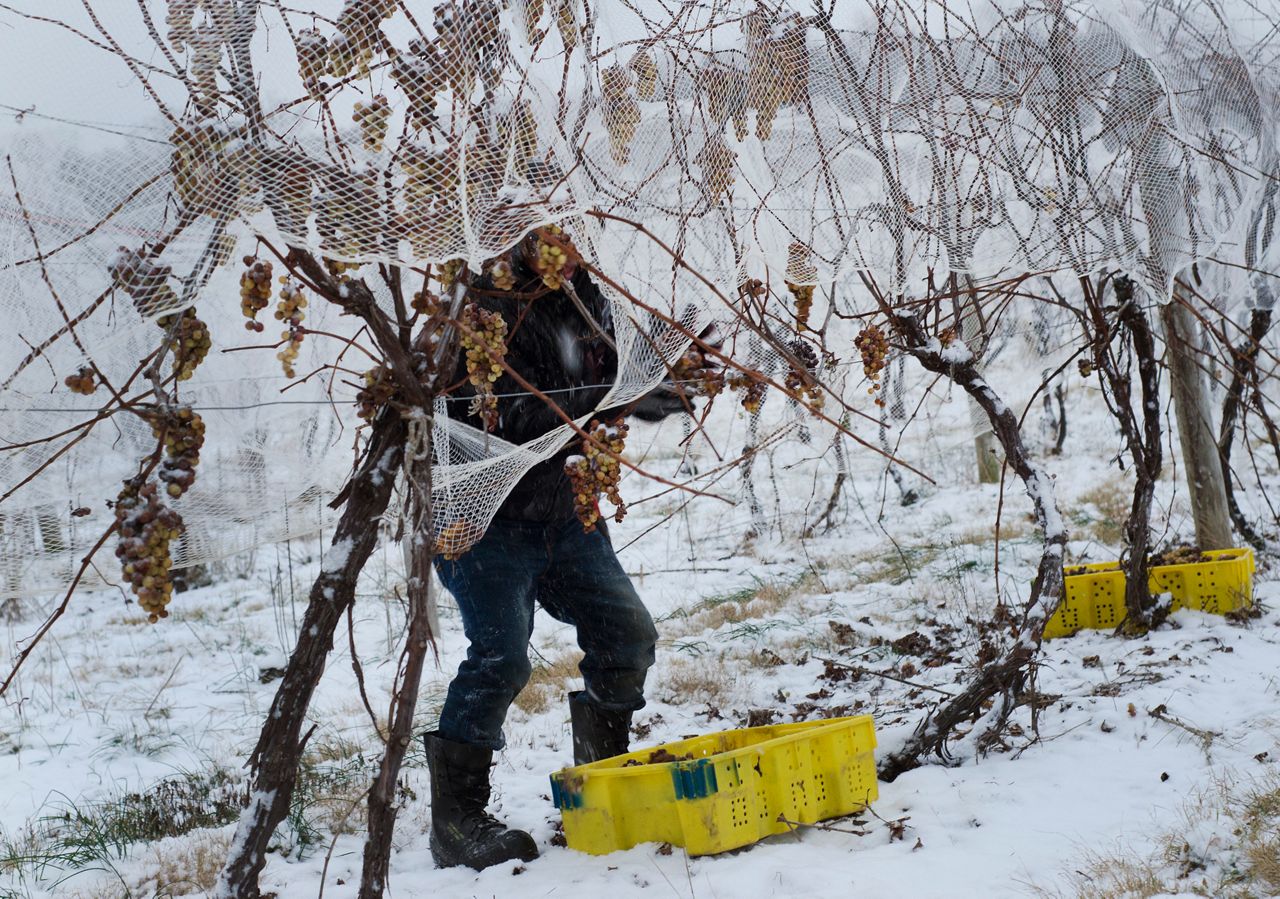
The theory behind the freeze is that any water originally in the grape gets pushed out as the grape cools below 32 degrees. Without water, the sugars and acid within the grape become more complex and create a stronger flavor.
When pressing the grapes, such a small amount of liquid comes out of each grape that significantly more are needed to make up one bottle of wine. That is one reason that ice wine comes with a higher price tag than traditional wines. Another reason is that ice wines' seasons are unpredictable.
Like any crop found in New York State, being weather dependent poses many challenges. They have cancelled ice wine production before because of abnormally warm winters.
On the other side of the spectrum, large amounts of hail or strong winds can ruin the grape crop before it can even grow. We see this a lot not only with grapes, but with apples, as well.
The variability in weather patterns is pushing some ice wine makers to go away from traditional methods. After reading a lot of articles on new methods of winemaking, it seems some wine makers are picking their grapes, freezing them afterward and then pressing them.
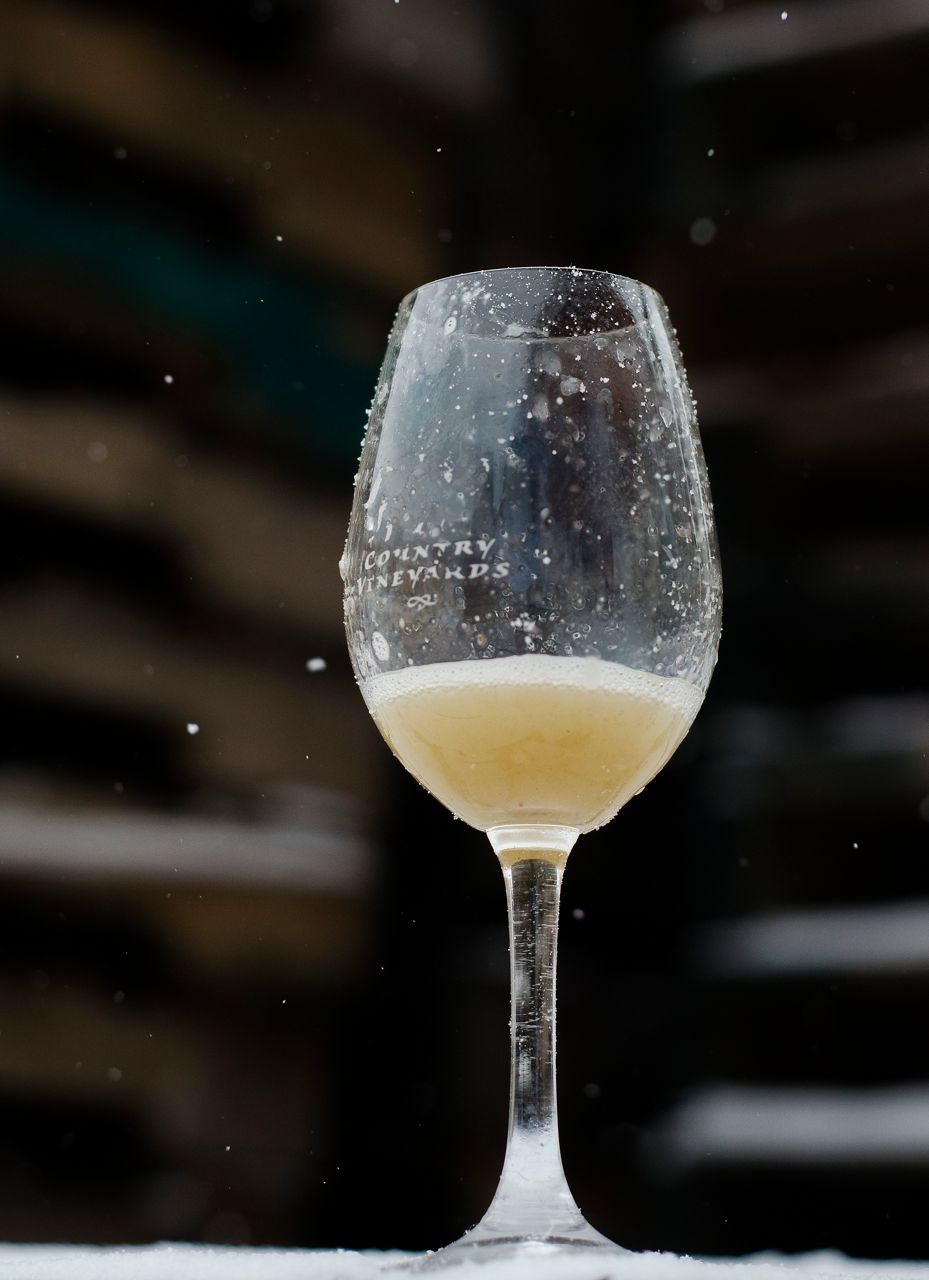
While some think the finished product turns out the same, others swear there is a big difference in the flavor profile of the bottles. It will be interesting to watch if this new method gains any traction in the coming years.
Have you ever tried ice wine? If so, let me know your thoughts on my social pages - Meteorologist Kaylee Wendt on Facebook, Instagram, and Twitter!
Our team of meteorologists dives deep into the science of weather and breaks down timely weather data and information. To view more weather and climate stories, check out our weather blogs section.





